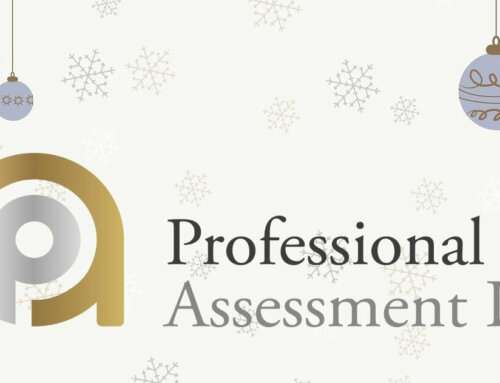PAL’s Director of Audit and Compliance, Rupert Crossland has
produced a handy summary of what the Skills for Jobs White Paper,
which was published on the 21st of January 2021, means for Apprenticeships
Summary of the main points:
- The DfE has committed to providing £2.5bn for apprenticeships in 2020/21.
- From August 2021, apprenticeship levy payers will be able to pledge specific amounts of their funds as available for transfer.
- The issue of apprentices being able to commit to at least 12 months with one employer to complete an apprenticeship, particularly in certain industries where roles/assignments are fixed-term, is being considered once again. There will be a trial of a new sectoral apprenticeship agency to support apprentices in short term roles in finding other roles to complete their apprenticeship. This trial will be in the film and TV sector. If successful this could see agencies set up for other sectors.
- A front-loaded apprenticeship training model with a greater level of training at the start of the apprenticeship is to be launched, having determined that such delivery models can support the apprentice to be effective in their role and their completion and progression. The first such model will be for construction standards from April 2021. This will be followed by health and social care standards.
- The requirements for 20% off-the-job training and for a minimum 12 months apprenticeship duration are to remain. That said, in recognition of avoiding duplication of prior learning and resultant excessive durations, the DfE will create pathways for learners with significant prior learning to reduce apprenticeship durations (the minimum still applies). In terms of preparing potential apprentices, the DfE will test a boot camp approach in Spring 2021, which could then provide scope to reduce apprenticeship durations for that prior learning. In terms of compliance, this signals to providers that reflecting prior learning in apprenticeship duration and price remains important.
- A new model for determining funding bands is to be piloted and, if successful, will be implemented in 2021.
- The DfE will promote opportunities that become available after completing apprenticeships, for example, higher apprenticeships or technical training.
Providers – Raising the overall level of quality and financial viability in the sector
The DfE will provide tools, advice and guidance to employers to support apprenticeship quality, including:
- A quality roadmap
- A linked self-assessment tool for employers and providers
- Support for employers for problems with apprenticeship provision
- A RoATP refresh will commence in April 2021. This in itself is no surprise, as RoATP has been closed for several months. However, more importantly, it is stated that there will be more stringent RoATP criteria for new and existing providers.
- Independent Training Providers (ITPs) are to be encouraged to engage with Local Skills Improvement Plans.
- The White Paper quotes that 47% of ITPs have below-average rates of progression. Consequently, the DfE will take a stronger role in ensuring that ITPs meet skills needs. The DfE will raise the bar on quality and stop poor quality or financially inadequate ITPs from delivering by removing contracts and removing them from RoATP.
The full document can be accessed by clicking here.







